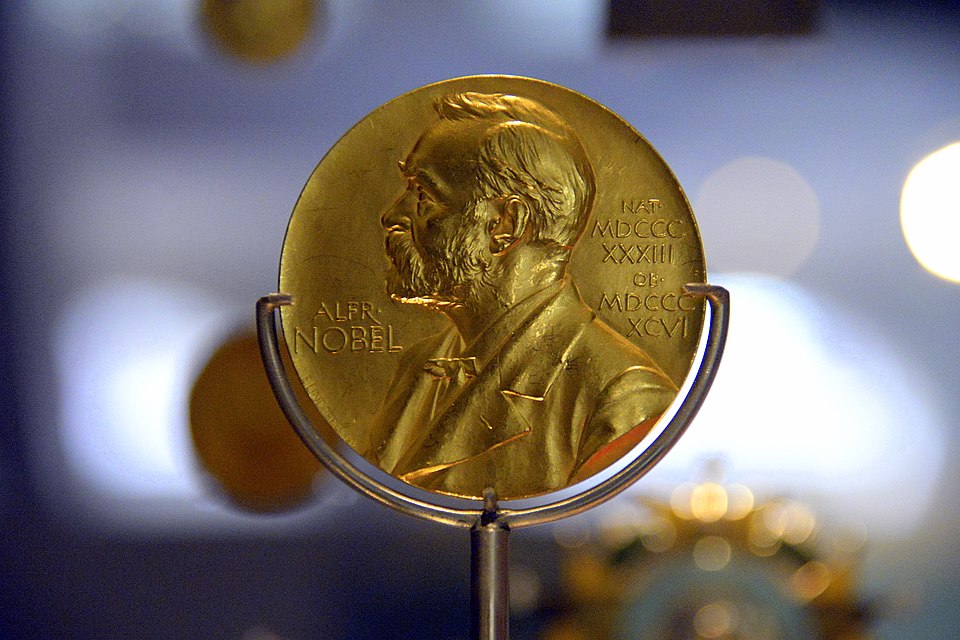
Three leading economists who’ve spent their careers studying how technology fuels prosperity have been awarded this year’s Nobel Prize in Economic Sciences.
Joel Mokyr from Northwestern University took home half of the 11 million Swedish kronor prize (about £867,000), while Philippe Aghion — affiliated with the Collège de France, INSEAD, and the London School of Economics — and Peter Howitt of Brown University shared the rest.
Announcing the award, the Royal Swedish Academy of Sciences praised the trio for pioneering research that explains innovation-driven economic growth — how new ideas and technologies create progress and lift living standards.
The recognition comes at a time when the world is once again grappling with how to harness fast-moving technologies like artificial intelligence without worsening inequality or stalling competition.
Warnings amid optimism
Aghion, a French economist, welcomed the prize but cautioned that “dark clouds” are gathering over the global economy. He pointed to rising protectionism, especially under Donald Trump’s trade policies, as a serious threat to innovation and international growth.
“I’m not welcoming the protectionist wave in the US,” he said. “That’s not good for world growth or innovation.”
Aghion added that governments need to invest in green innovation and ensure tech giants don’t crush competition, arguing that economic progress depends on keeping markets open to new ideas and entrepreneurs.
“AI has fantastic growth potential,” he said, “but we have to make sure that today’s superstar firms don’t dominate everything and block future innovators.”
The Power — and fragility — of progress
The Nobel committee noted that technological progress has powered the world’s economic expansion for more than two centuries — but warned that this momentum isn’t guaranteed.
Mokyr, a Dutch-born American-Israeli economic historian, was recognized for his deep analysis of the conditions that allow societies to sustain growth through innovation. Aghion and Howitt were honored for their influential theory of “creative destruction,” the process by which new technologies and firms replace old ones — an engine of renewal that keeps economies dynamic.
“We must uphold the mechanisms that underlie creative destruction,” said John Hassler, chair of the Nobel economics committee, “so that we do not fall back into stagnation.”
About the Prize
Although it’s often referred to as the Nobel Prize in Economics, the award was actually created later, in the 1960s, as the Sveriges Riksbank Prize in Economic Sciences in Memory of Alfred Nobel.
This year’s winners join a long line of economists who’ve helped shape how we understand innovation, productivity, and the future of global prosperity — at a moment when those questions feel more urgent than ever. Photo by Osama Shukir Muhammed Amin FRCP(Glasg), Wikimedia commons.









































